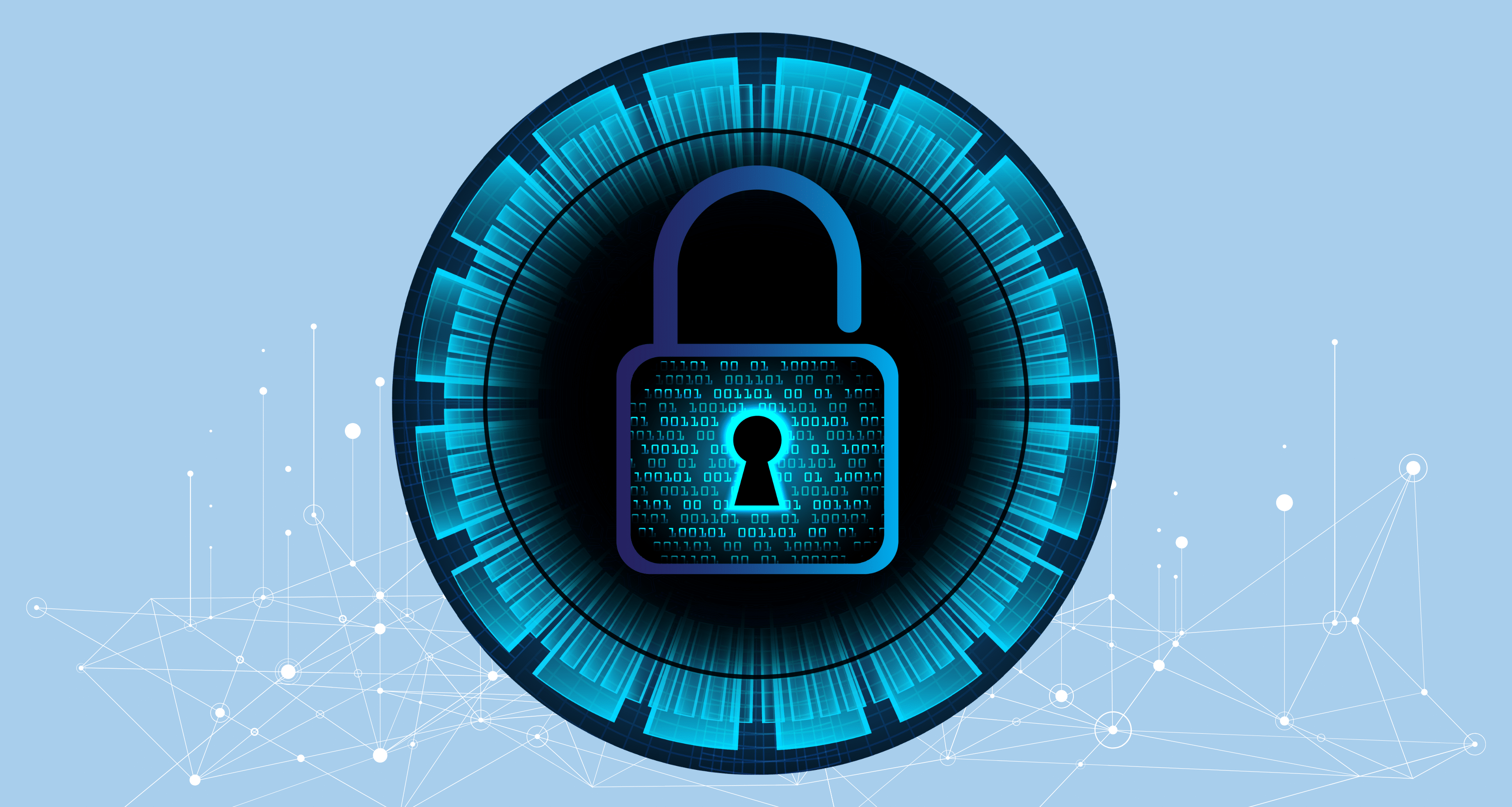
Over the past several decades, healthcare organizations have wholeheartedly adopted a range of technology. While expediting administrative and healthcare delivery tasks, digital innovation has come with its share of risk.
The vast cyber risk landscape has made it vital that healthcare IT leaders find ways to manage a treasure trove of sensitive data, from protected health information to financial records, making them prime targets for cyberattacks.
HIPAA Journal reported that healthcare organizations experienced 725 hacking incidents in 2023, exposing 124 million patient records, making it the worst year ever for cyberattacks. Further, 69% of the information was accessed via network servers.
As the stakes of digital security continue to rise, the benefits of cybersecurity in healthcare extend beyond simple information protection; they are integral to maintaining compliance and operational integrity.
1. Protection of Sensitive Patient Information
At the heart of healthcare cybersecurity is the protection of patient information. With the healthcare sector highly targeted by cybercriminals, robust cybersecurity measures prevent unauthorized access to sensitive data. Necessary cybersecurity steps include implementing advanced encryption methods, securing data transmissions, and ensuring that patient records are accessible only to authorized personnel.
By safeguarding this data, healthcare providers protect their patients from identity theft and uphold the trust that is fundamental to the patient-provider relationship.
2. Compliance with Regulatory Requirements
Healthcare organizations must comply with strict regulatory frameworks like HIPAA, which mandates the protection and confidential handling of protected health information. Cybersecurity practices play a crucial role in ensuring compliance in these areas.
Failure to comply can result in severe penalties, legal repercussions, and a loss of reputation. Therefore, integrating cybersecurity strategies supports compliance efforts, making them indispensable to healthcare operations.
3. Mitigating Risks and Reducing Costs
The financial implications of a data breach can be substantial and sometimes devastating. Beyond the immediate costs of resolving the breach, organizations often face long-term consequences such as lawsuits, fines, and decreased patient enrollment due to eroded trust.
Investing in cybersecurity can significantly mitigate these risks. Proactive measures like risk assessments, continuous monitoring, and incident response plans can detect potential threats early and minimize the impact of breaches, ultimately saving healthcare providers substantial costs.
4. Enhancing Patient Care and Service Continuity
Cybersecurity directly impacts the quality of patient care by ensuring that the systems used for diagnosis, treatment, and patient management are secure and reliable. Cyberattacks can immobilize these vital systems, leading to delays in care and potentially endangering lives. By implementing robust cybersecurity measures, healthcare organizations ensure continuity of care and operational reliability, essential for effective healthcare delivery.
5. Leveraging Advanced Cybersecurity Tools
Several advanced tools and technologies are available to address the complexities of cybersecurity in healthcare. These include intrusion detection systems, secure access management, and sophisticated cybersecurity software tailored for healthcare environments. Utilizing these tools allows healthcare organizations to stay ahead of potential threats and adapt to the evolving landscape of cyber threats.
Cybersecurity: A Keystone in Compliancy Group’s Vision for Safer Healthcare
The advantages of cybersecurity in healthcare are profound and multifaceted. As we’ve discussed, robust cybersecurity measures are critical not just for protecting sensitive patient information and ensuring compliance with legal requirements—a core component of Compliancy Group’s mission. Cybersecurity is pivotal in the healthcare sector because it enhances patient care and reduces operational costs.
At Compliancy Group, we integrate cybersecurity principles into every compliance strategy. This integration helps healthcare organizations navigate the complex landscape of legal and security challenges in an increasingly digital world. As cyber threats evolve, the best tools for cybersecurity must be employed to protect critical data and systems. Embracing comprehensive cybersecurity measures is not just a defensive tactic—it’s a fundamental component of modern healthcare that ensures security, compliance, and resilience.
Together with Compliancy Group, healthcare providers can build a more secure and compliant future, safeguarding their operations and their patients’ trust.
Don’t wait for a breach to identify the vulnerabilities in your defenses—act now to protect your patients, reputation, and bottom line. Connect with our experts today to discuss your specific needs and discover tailored solutions that ensure you’re compliant and secure.








